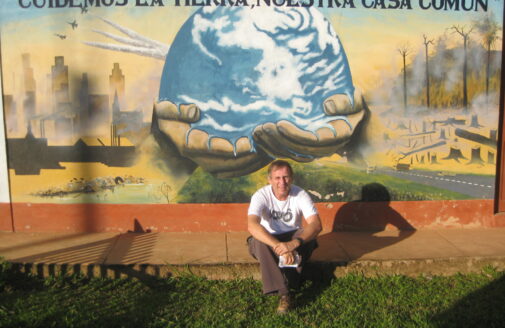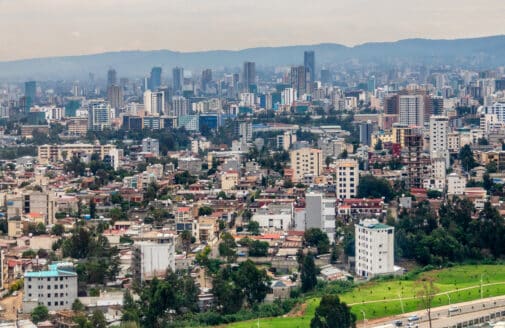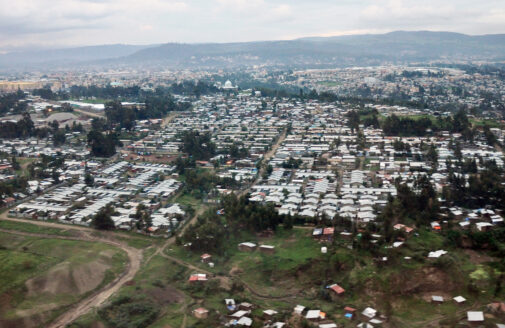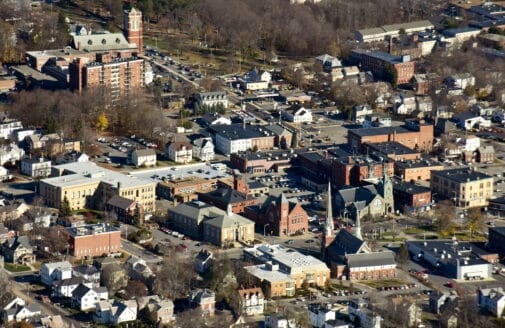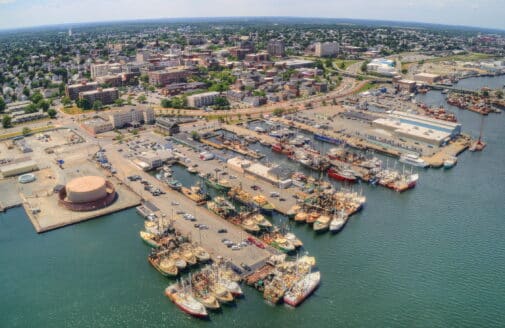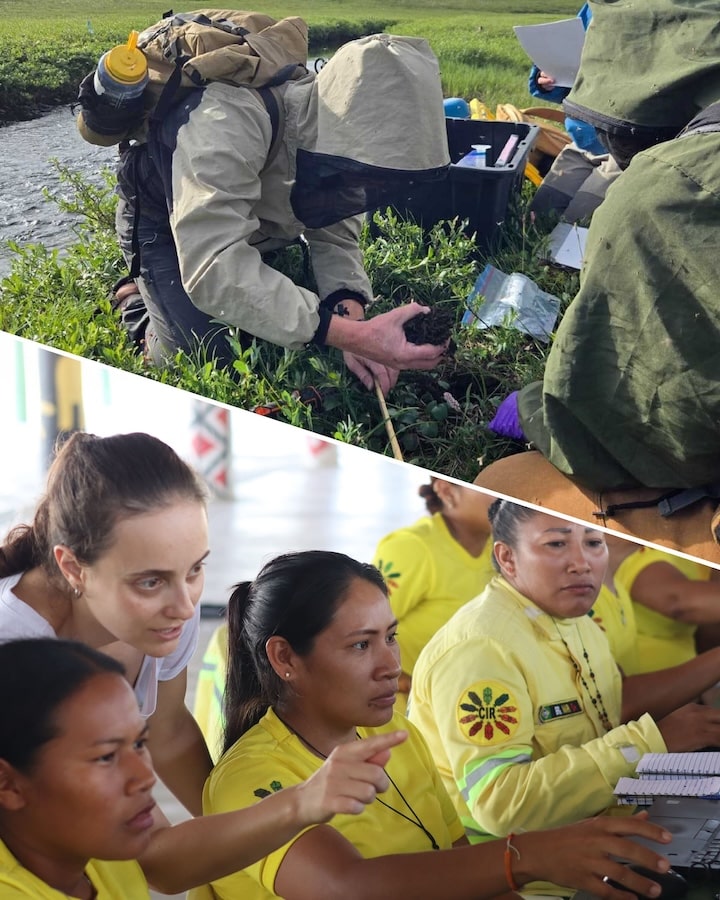Woodwell Climate releases country-wide climate risk assessment for Ethiopia
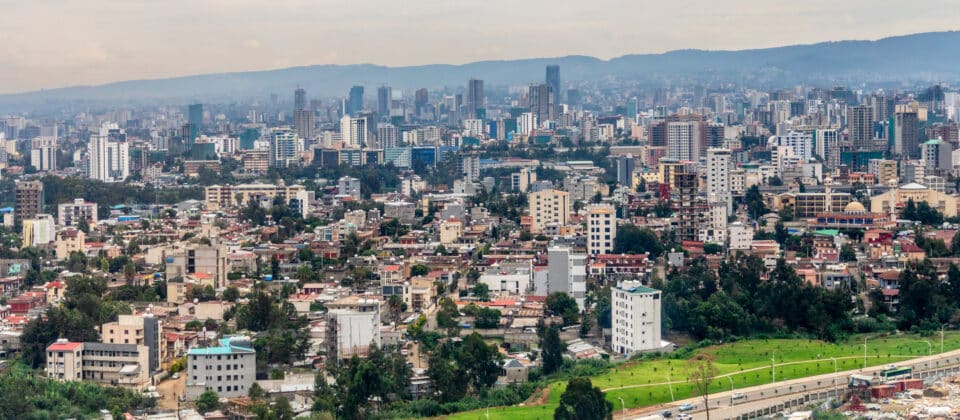
Residential districts with rapidly developing downtown of central business district of Ethiopian capital Addis Ababa, Ethiopia.
photo by Vadim Nefedov
The 100-year flood event currently impacts more than 840,000 structures and causes greater than $1.47 billion (2025 USD) in building damages across Ethiopia, according to a country-wide climate change risk assessment from the Woodwell Climate Research Center. The report, titled “Climate Risk Assessment: Ethiopia,” will be released on May 14 and offers granular projections on risk factors that will impact Ethiopia’s communities over the coming decades.
“Ethiopia faces big climate risks like droughts, extreme rainfall, unreliable stream flows, and floods, but they’re not impossible to overcome. By using robust data, focusing on communities, and taking a joined-up approach (like Woodwell Climate Research Center suggests), Ethiopia can become more resilient and create a sustainable future for everyone. The time for action is now,” said Professor Engdawork Assefa with the Center for Environment and Development at Addis Ababa University.
“The climate risk assessment enhances Ethiopia’s capacity to take targeted action, boosting its national climate goals under NDC 3 and supporting its case for equity in Loss and Damage frameworks. By offering a scientific foundation, it enables Ethiopia to strategically direct investments, policies, and partnerships toward a resilient future,” said Abas Mohammed with the Ethiopian Ministry of Planning and Development.
The assessment, completed in collaboration with the Addis Ababa University and Ministry of Planning and Development, reveals that climate change will reshape weather patterns across Ethiopia, posing challenges to water availability for agriculture and flooding in the built environment. Key findings include:
- Drought risk: Extreme drought risk is projected to increase moderately in southeastern Ethiopia by 2050 and significantly in northwestern Ethiopia by 2070, with some communities seeing a 10-year drought becoming a 5-year drought.
- Streamflow changes: Mean annual streamflow volumes in north central Ethiopia are projected to more than double, with the annual 7-day mean maximum flows projected to be 2-2.5 times larger at key measurement points by 2050.
- Extreme precipitation: The historical 100-year rainfall amount is projected to increase 20%-30% by 2050 and 30%-40% by 2070 for the majority of Ethiopia, with the probability of the current 100-year event at least doubling by 2050.
- Flood impact: The 100-year flood currently impacts more than 840,000 structures and causes greater than $1.47 billion (2025 USD) in building damages, with risk concentrated in the central Rift Valley and Somali region.
“Climate shocks threaten food security, yet targeted investments in closing the yield gap—through improved seeds, irrigation, livestock practices, market access, and insurance—can help mitigate crisis impacts.,” said Dr. Abay Yimere, CEO of African Climate Center for Adaptation and Mitigation and Woodwell collaborator.
The report underscores that while Ethiopia has established a strong policy landscape for climate action through several strategic initiatives, including the National Adaptation Plan (NAP) and the Climate Resilient Green Economy Strategy (CRGE), localized data insights are crucial for evidence-informed approaches to resilience.
“Ethiopia has done excellent work on climate research and resilience, and it is an honor to be able to support those efforts with our science,” said Woodwell President Dr. Max Holmes. “We hope that this risk assessment will help our Ethiopian government partners prepare for additional climate change impacts and invest in adaptation.”
Upcoming workshop to share climate analysis skills
In conjunction with the report launch, Woodwell will host a capacity-sharing workshop after the report delivery in Addis Ababa. The workshop will provide participants with technical skills in climate data analysis fundamentals, including QGIS exercises and Google Earth Engine techniques.
“Knowledge sharing and growing capacity is a crucial part of building climate resilience,” said Dom Dusseau, Lead Author on the report who will be facilitating portions of the workshop. “I am very excited for the bi-directional skill transfer that will be taking place.”
The full-day workshop will include hands-on exercises, discussions on climate analysis methodologies, and resources for continued learning.




